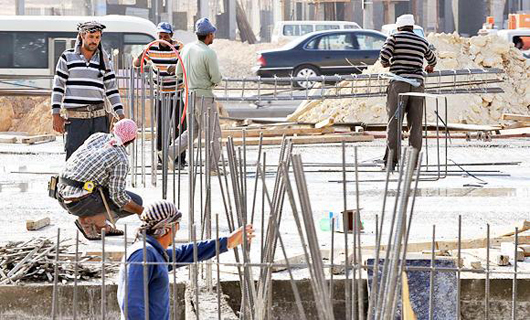
Jeddah, Nov 30: GCC labor ministers have agreed to implement a skill assessment and certification project on expatriate workers in coordination with major manpower exporting countries such as India, Pakistan and the Philippines.
The UAE and Kuwait have implemented the system on an experimental basis on construction and service workers recruited by the private sector while other GCC countries would apply it gradually by the end of 2015.
The ministers reached the agreement following a consultative meeting in Kuwait. They have also decided to establish a website to assess skills of workers recruited from the three countries.
“The UAE and Kuwait proposed to implement the project on an experimental basis in cooperation with governments of India, Pakistan and the Philippines,” an informed GCC source said.
As per the new system, selected workers for different jobs would be given certificates to prove that they are qualified to do the work for which they are recruited, the source said, adding that the tests would be conducted in a professional manner following international standards.
He said a number of relevant international organizations including World Bank and International Labor Organization would take part in implementing the project efficiently.
During the meeting, an official from Kuwait emphasized the need for dealing with guest workers in a foolproof manner to ensure the GCC states’ security and stability. “The entry of untrained and unqualified foreign workers will have a negative impact on our economies,” he said.
According to a proposal made by Kuwait, a center will evaluate professional skills and capabilities of a foreign worker before recruitment to the country. The center will issue a certificate on the basis of tests. The center also aims to secure the rights and obligations of both employers and workers alike, the official said.





Comments
Add new comment